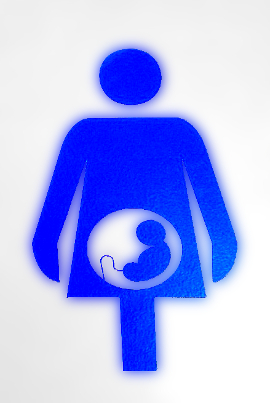Firing and inflexibility in workplace pregnancy stats
 A new report has shown a high level of discrimination across Australian workplaces, which can lead to personal, economic and even safety issues.
A new report has shown a high level of discrimination across Australian workplaces, which can lead to personal, economic and even safety issues.
A far-reaching survey has been conducted to find out the scale and causes of pregnancy discrimination, something 49 per cent of women experience.
A report has been released this week based on the research commissioned by former prime minister Julia Gillard for the Supporting Working Parents: Pregnancy and Return to Work National Review.
The survey covered 2,000 working mothers selected from a list of Paid Parental Leave (PPL) or Baby Bonus recipients, as well as 1000 fathers and partners that had taken the new legislative entitlement of 2 weeks of leave at the minimum wage under the ‘Dad and Partner Pay’ scheme.
The research shows that discrimination is more prevalent upon returning to work, where 35 per cent of women surveyed said they had experienced anything from negative comments (63%) to reduced pay or duties (38%), threats of redundancy (24%).
Twenty-two per cent of women say they experienced discrimination related to breast-feeding or expressing milk.
There are clear health and safety aspects around pregnancy in the workplace, and 48 per cent of women said they had experienced some negative treatment in relation to safety.
These issues included lack of; consideration for toilet breaks, provision of suitable uniforms, adequate work hours during pregnancy, breast-feeding facilities - or many other inflexible terms.
One of the most damning figures in the report says that about one in five mothers (18%) indicated that they were made redundant, dismissed or their contract was not renewed when they took leave.
This level of uncaring and poorly-planned pregnancy response deprives the workforce in many ways. It removes talent, skill and productivity from the market for the sake of not having to facilitate a small workplace adjustment.
“The major conclusion we can draw from this data is that discrimination has a cost – to women, their families, to business and to the Australian economy and society as a whole,” Sex Discrimination Commissioner Elizabeth Broderick said in a statement.
“I heard from families who'd lost their homes because of intimidation that had forced pregnant women out of work,” she said in a subsequent interview with the ABC.
“I heard from women who when they went to tell their manager the happy news about their pregnancy, the response was; ‘Well, your choice: the job or the baby’.”
“I heard from women who'd miscarried from the stress.
“I heard from women who'd just been subjected the whole time to demeaning attitudes about; ‘Well, you can't really be a serious player here in the workplace and then have responsibility for children or for caring’.”
But so many women remain silent, Broderick said.
“What I heard very clearly was, if you speak out, you will be victimised, and particularly in small labour markets, in some of the regional areas; ‘I don't want to be known as the woman who's the troublemaker’,” she said.
“So there's a real fear.”








 Print
Print